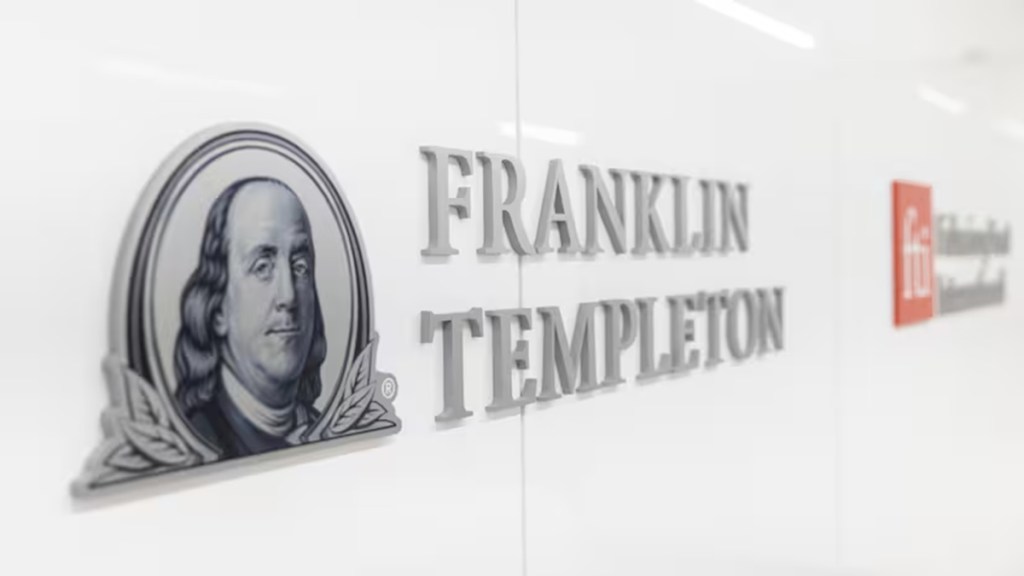Franklin Templeton India re-entered the debt space with its ultra-short duration fund recently after it abruptly decided to shut down six schemes in March 2020. Rahul Goswami, CIO & MD, India Fixed Income tells FE that while the flows into the fixed income space has been muted, he expects things to improve. Excerpts:
What will be your strategy with the new fund – Franklin India ultra short duration fund?
Our strategy across debt funds is high quality credit, backed by a strong investment-cum-risk management process and a very tightly controlled, disciplined execution. The regulators have also been tightening the rules for the asset management industry to make it safer and more predictable for the investor.
How has the new debt fund launch fared?
Investor confidence is back in the brand. While the flows have been muted currently in the fixed income space, our funds on the non-fixed income side have gained good traction. That itself speaks volumes about investors having complete trust and faith in the brand. We expect more customers to be onboarded on our fixed income funds.
I have met investors and distributors from across the country and they are excited to participate in the rebuilding of our India fixed income business.
Going forward, what kind of debt fund schemes do you intend to launch?
Franklin Templeton has an India strategy where basically we want to expand the product basket and product suite. So, we need to have products which suit as many investors as possible, according to their preference, requirement, and the tenure.
Currently, we have nine strategies, but there are many gaps, and we are trying to fill those gaps one by one. The flows in the duration funds at an industry level have been muted in recent past, with almost 60% of the funds being in schemes less than one year duration.
The Monetary Policy Committee (MPC) has changed its stance after a long wait, hinting towards potential rate cuts starting as early as December. What are your expectations on the Reserve Bank of India’s (RBI’s) interest rate policy?
One comforting thing is that majority central banks are in the rate cutting cycle. The US Federal Reserve cut rates by 50 basis points, the ECB, Bank of England, Swiss National Bank and others have also cut rates. Reasonably behaved oil prices so far has been another positive external factor. However, the situation is slightly complicated, as highlighted by the RBI, with the surge in commodity prices and the continuously evolving geopolitical situation. The central bank has said that it will remain watchful and we are very sure that the RBI will be prudent in taking the right steps at the right point of time.
With Indian bonds getting included in FTSE Russell after JP Morgan and Bloomberg, is there case for them becoming a part of the Bloomberg Global Aggregate Index?
I think the inclusion in Bloomberg Global Aggregate Index is some time away. I think India deserve a better rating than what we have currently as Indian macros, large FX reserves and track record are all very favourable.
While retail investor seems to be bullish on equities, their enthusiasm has been not so high when it comes to debt. Do you see things changing?
If you see the industry distribution of money on the fixed income side, almost 60% of money is invested in funds with less than one year duration where the majority participant are corporates. Meanwhile, banks hold one-third of total deposits of around Rs 220 lakh crore in savings accounts. If corporates can handle the money more efficiently by investing in fixed income mutual funds, they can push retail investors to participate in such schemes.
I am sure with increased financial awareness, retail investors will be more willing to participate in very short maturity funds like overnight funds and liquid funds, which are reasonably safe as well as less volatile.

